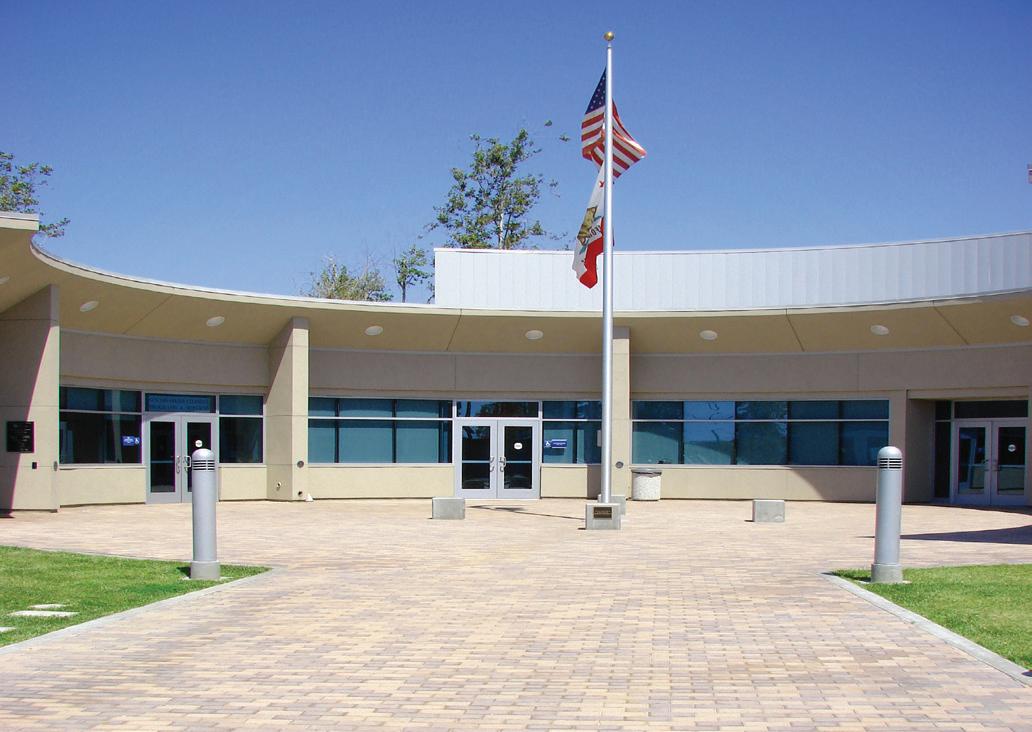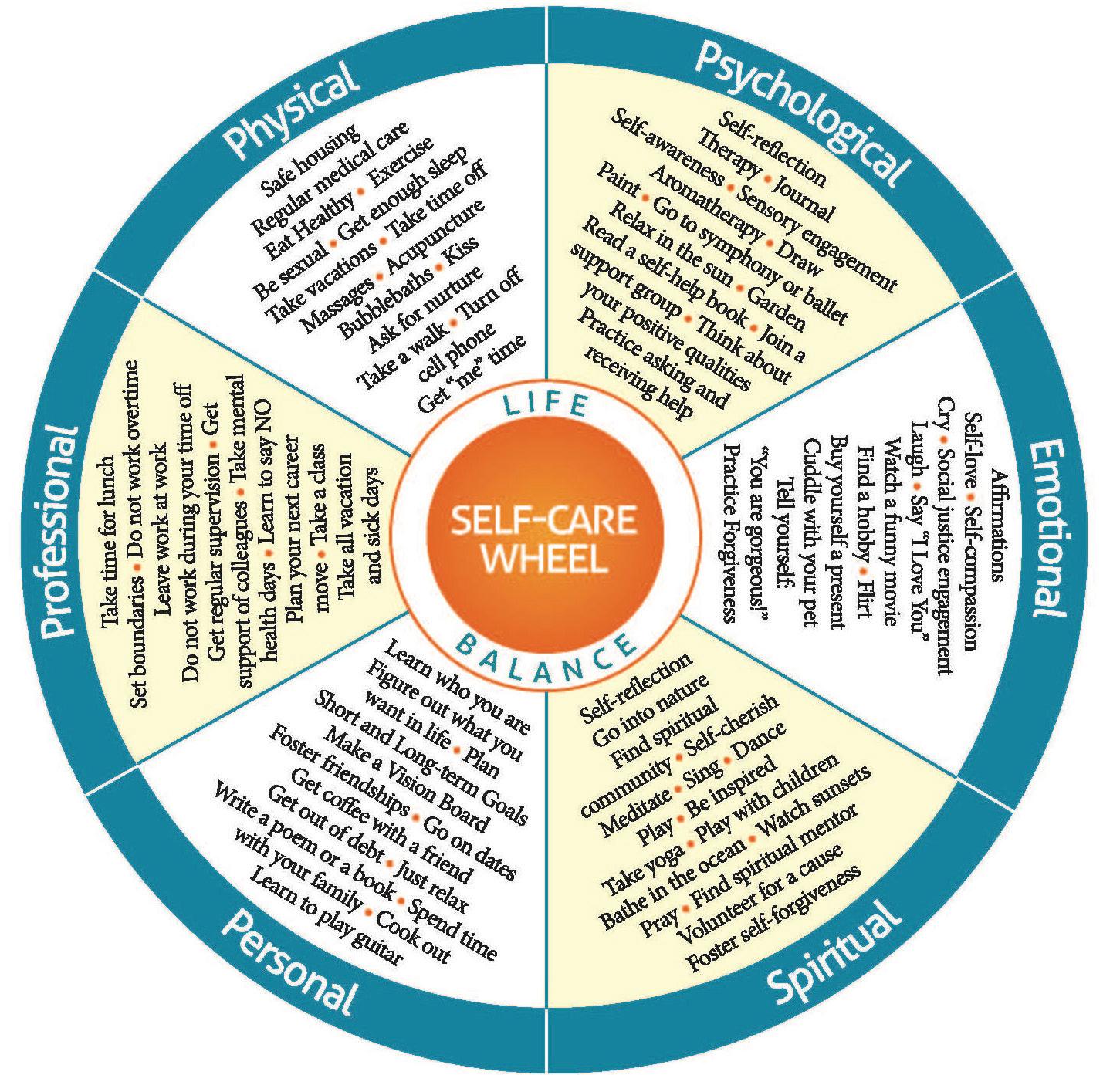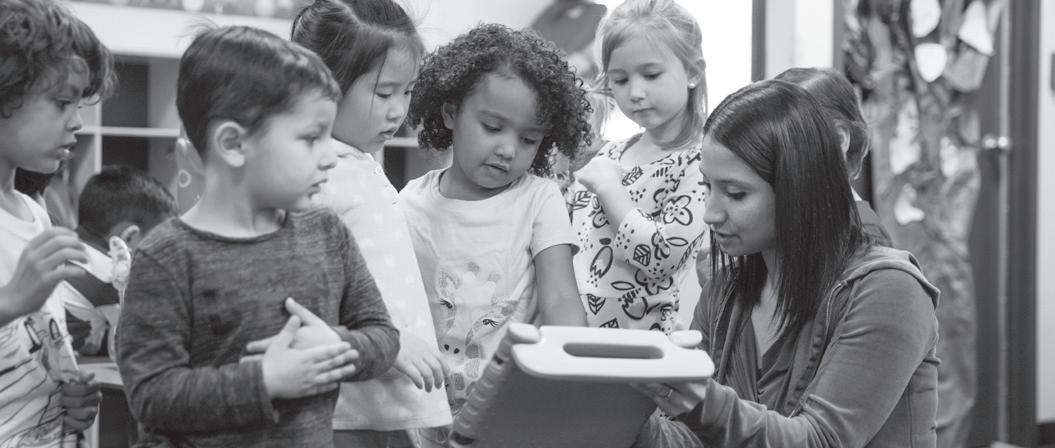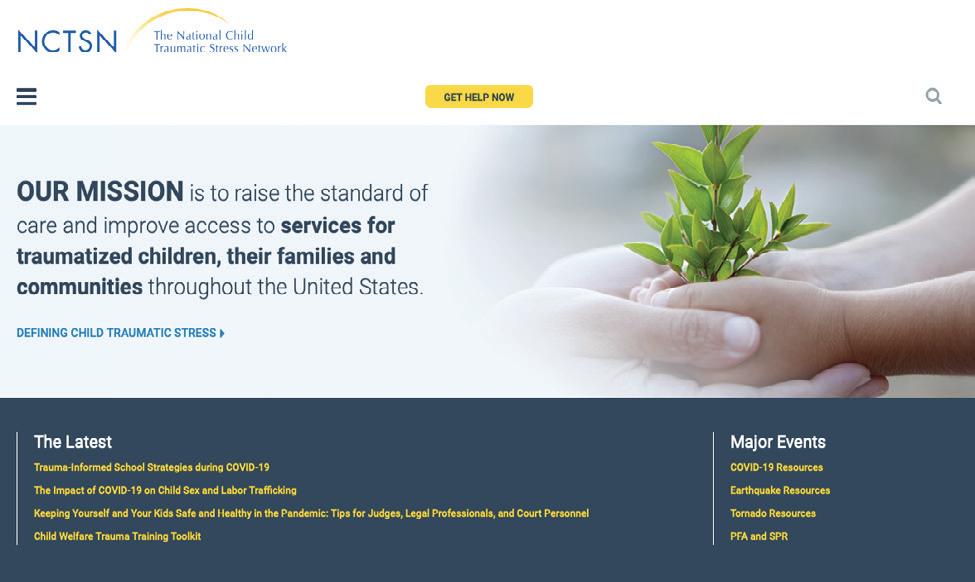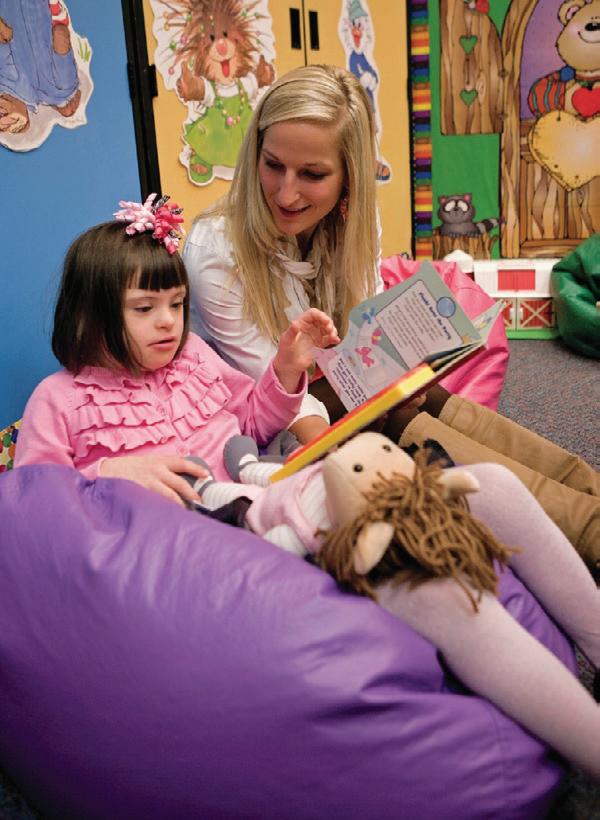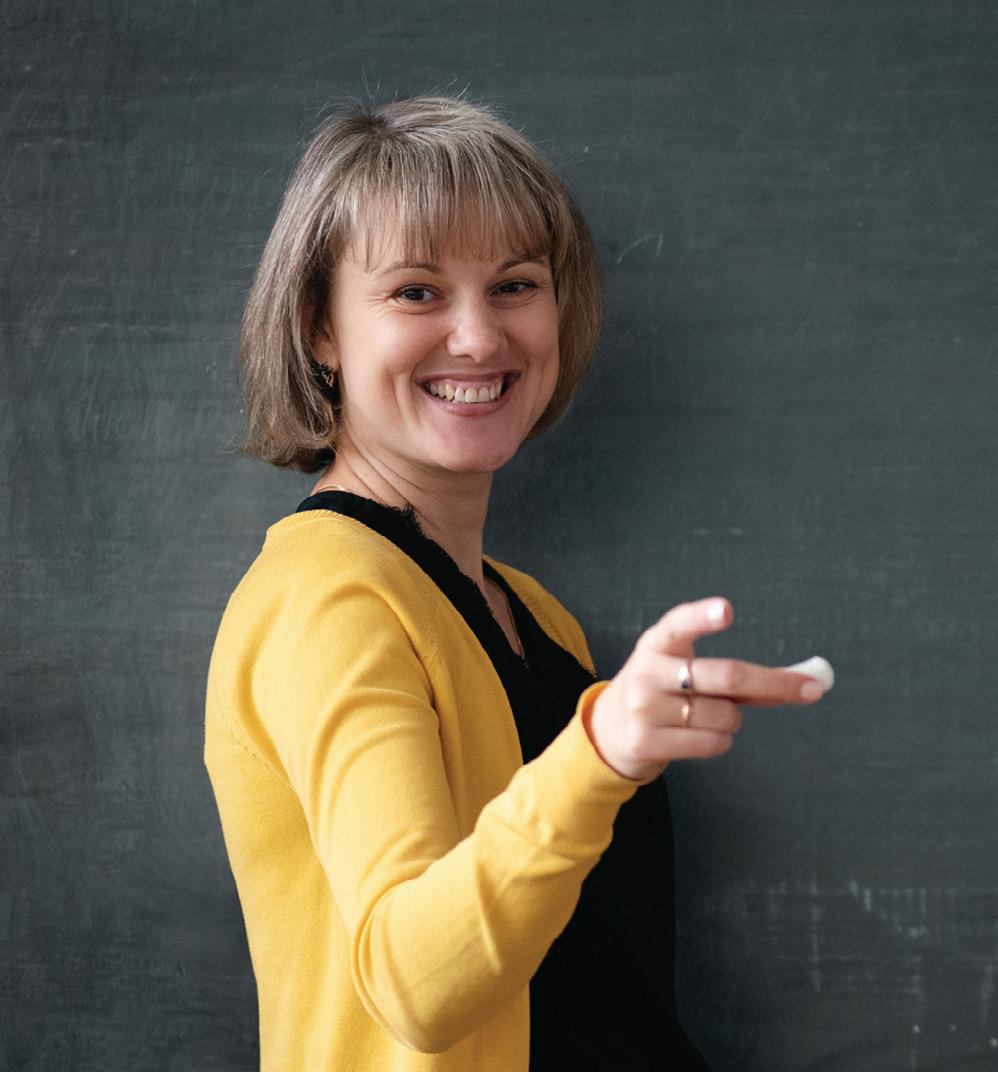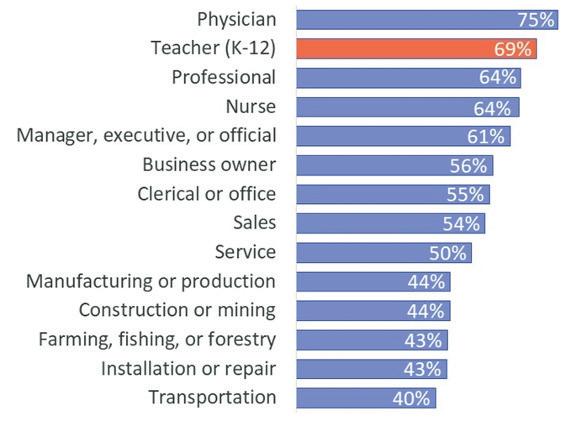Kris Crum Lead Mobilization Recruiter (retired), International Schools Consortium, Georgia Stress in a new culture is inevitable as you move overseas, but manageable if you prepare to engage as a learner. When entering a new culture, observe before making assumptions, gather information from local people, and ask questions to discover a purpose behind things that you don’t understand. Make it your goal to gain clarity about your new culture and to cultivate friendships as you learn. In the late 1970s and early 80s, Dr. Max Raines and his colleagues at Michigan State University created the ADAPT Model for first-year college students. Moving to a new country can feel like starting college-- the feeling of being lost and needing a mentor. The professors at MSU identified 5 critical transactions for any major change utilizing the word ADAPT.
A
ctivate Commitment: This transaction is made within ourselves and is probably the most crucial. Making a commitment to personal growth and continual learning keeps motivation high, even during difficult times. Viewing transition as an opportunity for positive growth leads to a faster and more successful transition to a new experience and environment. This improves confidence in seeking support to gain a better perspective.
D
evelop Support: Making the commitment to be fully engaged encourages participation in learning new skills, discovering new patterns in behavior, meeting new people, and expressing expectations. Engaging well necessitates finding resources to help navigate the transition, thus bringing about new friendships and talents as well as the start of a sense of belonging.
A
djust Expectations: Expectations are made in preparation for an international move. Some expectations are obvious, such as “Someone will be at the airport to pick me up.” Some may be harder to discern, such as “I am skilled at languages.” Consider your expectations, including how practical they are, and make them realistic and attainable. Adjusting expectations is an intentional and continual process. Evaluate those things that have worked better than expected to keep a positive growth perspective.
International Resources Council on International Educational Exchange: www.ciee.org/teach Department of Defense Education Activity: https://www.dodea.edu/Offices/HR/index.cfm
Exploring Employment Options
Adapting to Living Internationally
Dipont Education: www.dipont.com GoinGlobal: http://www.goinglobal.com/ International Schools Services: www.iss.edu JET: Japan Exchange and Teaching Program: http://jetprogramme.org/en/ Peace Corps: www.peacecorps.gov U.S. Department of State—Office of Overseas Schools: www.state.gov/m/a/os TESOL International Organization: www.tesol.org TIE Online: www.tieonline.com Time Plan: www.timeplan.com Transitions Abroad www.transitionsabroad.com University of Northern Iowa Overseas Placement Service for Educators: teachoverseas.uni.edu World Teach: www.worldteach.org
P
rioritize Goals: To keep expectations positive and realistic, set goals that create opportunities for success. Formulate a set of small, attainable goals to gain confidence. Building selfassurance provides the incentive to set more goals and attempt new experiences.
T
ranspose Identity: How we think about ourselves has much to do with our successful adaptation to change. The physical body may have made the transition to the new country and school, but the heart and mind may still be in the former place. Modifying identity to include the new environment requires time and honesty. Seeing value in having a new identity within the current situation assists with a successful transition.
If you could teach anywhere in the world, where would you go? 81 American Association for Employment in Education



